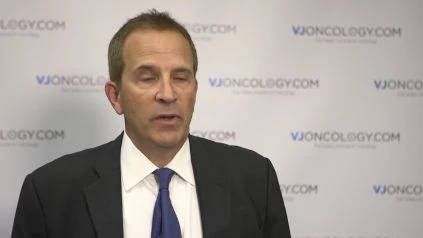Neal Shore, MD of the Carolina Urologic Research Center, Myrtle Beach, SC, discusses the advances in the development of treatments and therapies for patients with advanced prostate cancer.
Dr Shore highlights that patients who initially failed localized treatments and progressed to a requirement for androgen suppressive immunotherapy, will invariably convert from an androgen sensitive state to a castration-resistant state.
Since 2010, five new therapeutics have been approved worldwide. However, there are still challenges surrounding accessibility and cost. According to Dr Shore, there is a paucity in terms of sequencing data and combination data that are done in a large, prospective manner. Investigators are now trying to understand the adverse event profiles of sequencing and combining, and ultimately the outcome analyses.
He also mentions that currently, there are two taxane-based chemotherapies in castration-resistant prostate cancer: a unique radio pharmaceutical, an immunotherapeutic and two oral novel hormonal lines of therapy. According to Dr Shore, we may see more immunotherapies for castration-resistant prostate cancer in the foreseeable future. New therapeutics for bladder and urinal diseases are being introduced, which he considers to be extremely exciting lines of research. Additionally, new oral therapies such as DNA repair mechanism approaches or PARP inhibitors, are also being further developed, which now provides new hope for patients with prostate cancer.
Recorded at the American Society of Oncology (ASCO) 2016 Annual Meeting held in Chicago, IL.
[the_ad id="32629"]

